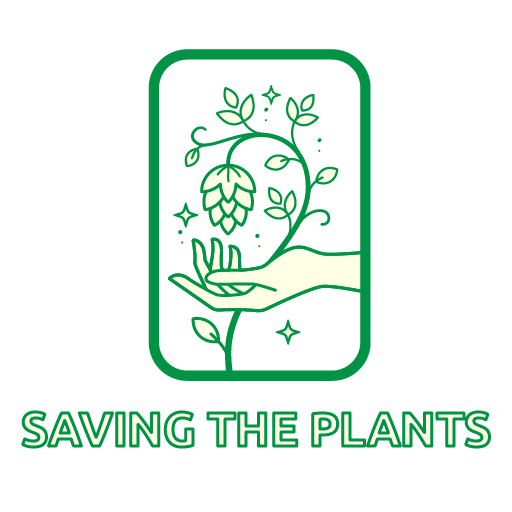Ways to be Sustainable in Everyday Life
Living a sustainable lifestyle is not just a trend; ways to be sustainable in everyday life it’s a responsibility we all share. Incorporating eco-friendly practices into our daily routines can significantly reduce our impact on the environment. From small changes like using reusable shopping bags to more significant steps such as reducing energy consumption, every action counts towards creating a greener future for all.
Being sustainable in everyday life involves mindful choices and conscious efforts. Simple habits like ways to be sustainable in everyday life recycling paper, glass, and plastic items instead of throwing them away can make a considerable difference. Additionally, opting for products with minimal packaging or made from recycled materials supports the circular economy and helps minimize waste. If you’re looking for ways to generate extra income while promoting sustainability, consider the BetWinner affiliate commission program, which allows you to earn online.
Incorporating landscape design that prioritizes native plants and sustainable materials can significantly enhance the eco-friendliness of your outdoor spaces while contributing to overall sustainability in everyday life.
One of the most effective ways to be sustainable in everyday life to embrace sustainability is by reducing single-use plastics. Switching to reusable water bottles, utensils, and food containers can greatly cut down on plastic pollution in landfills and oceans. By making these changes, I’m actively contributing to preserving our planet for generations to come.

Importance of Sustainability
Sustainability, in today’s world, is not just a buzzword; it’s an essential mindset and way of living. Incorporating sustainable practices into our daily routines is crucial for the well-being of our planet and future generations. When we embrace sustainability, we acknowledge the delicate balance between environmental preservation, social responsibility, and economic viability.
The Significance of Individual Actions
Every small step towards sustainability matters. From reducing single-use plastics to conserving water and energy, individual actions collectively make a significant impact on the environment. By being mindful consumers and making eco-friendly choices, WE SHOW that WE CARE about the world we live in. We can support brands that show they care such as House of Binx who only uses vegan leather in their unique belts collection.
Global Impact of Sustainable Practices
The ripple effect of sustainable practices extends far beyond our immediate surroundings. It contributes to mitigating climate change, preserving biodiversity, and fostering a more equitable society. When communities prioritize sustainability in their policies and behaviors, they pave the way for a greener and more resilient future for all.
Statistics Highlighting the Need for Sustainability
According to recent data:
| Statistic | Value |
| Annual plastic production worldwide | 368 million metric tons |
| Percentage of global greenhouse gas emissions from human activities attributed to burning fossil fuels | Around 75% |
| Proportion of Earth’s species at risk of extinction due to human activity | Approximately 1 million |
By understanding these statistics and embracing sustainable practices on an individual level, WE CONTRIBUTE to a collective movement towards a more sustainable world.
Embracing sustainability isn’t just an option anymore; it’s a necessity. Each choice we make today shapes the world we’ll pass on to future generations. Let’s strive to be stewards of our planet by integrating sustainable habits into our everyday lives.

Reduce, Reuse, Recycle
When it comes to sustainability, the mantra of “Reduce, Reuse, Recycle” is key in making a positive impact. Let’s delve into each component and explore practical ways we can incorporate them into our daily lives:
Reducing
- Use energy-efficient appliances: Opt for ENERGY STAR certified products to reduce electricity consumption.
- Cut down on water waste: Fix leaks promptly and consider installing low-flow fixtures.
- Minimize single-use items: Choose reusable alternatives like water bottles and shopping bags.
Reusing
- Donate unwanted items: Instead of discarding clothes or household goods, donate them to charity or thrift stores.
- Repurpose containers: Give jars and boxes a new life by using them for storage or DIY projects.
- Embrace second-hand: Purchase pre-loved items from thrift shops or online marketplaces.
Recycling
- Know your local recycling guidelines: Familiarize yourself with what materials are accepted in your area.
- Properly sort recyclables: Rinse containers before recycling to prevent contamination.
- Support recycling initiatives: Encourage community programs that promote recycling awareness.
By incorporating these practices into our routines, we can significantly reduce our environmental footprint and contribute to a more sustainable future. Remember, small changes can lead to significant results when it comes to protecting our planet.

